This blog was written by David Archer, head of participation and public services at ActionAid, having been head of education for many years. He is a co-founder of the Global Campaign for Education, chair of the Board of the Right to Education Initiative, chair of the Strategy and Impact Committee of the Global Partnership for Education and UKFIET Trustee. This blog was originally published on the Devex website on 24 March 2020.
Infections of and deaths from the new coronavirus in China have now been surpassed by those outside the country. With cities around the globe shutting down, markets in a tailspin, and racism and panic increasing, the economic cost of COVID-19 is estimated to be $1 trillion.
Even as the world is facing a pandemic that has already killed more than 16,500 people at the time of publication, too many governments are investing public money to save big corporations rather than investing in public health.
The World Health Organization recommends that countries spend $86 per person per year on health services. Yet Uganda spends $6 and Malawi spends $8 per head.
On average, there are just 1.2 hospital beds per 1,000 people in Africa, and most of these are concentrated in urban areas. WHO recommends that there be least 44.5 physicians per 10,000 people, but today there are 12 per 10,000 in Zambia, 8 per 10,000 in Uganda, and just 2 per 10,000 in Tanzania.
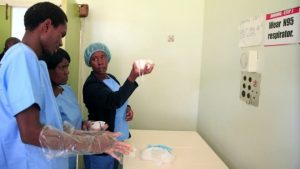
Health workers at a hospital in Harare, Zimbabwe, participate in a training exercise to prepare them for potential COVID-19 cases. Photo by: REUTERS / Philimon Bulawayo
In 2019, research from ActionAid Nigeria found that health care centers were badly maintained and lacked basic medical equipment such as scales and thermometers. We documented women giving birth on bare floors. Some health centers had no tap water. We found patients’ family members — usually women — fetching buckets of water from a pond a few miles away for use by health care workers. Tools were used without sterilization, and a single bucket of water was used to deliver two babies.
We found that health workers, mostly women, were working as volunteers rather than employees. They were promised employment contracts but, years later, were still so badly paid they were unable to meet basic needs, including transport and food.
Public health systems in Africa are so under-resourced that they spend just $100 per person on health each year, whereas rich countries spend twenty times that amount on average.
COVID-19 has revealed some painful political and economic truths.
Despite its predictability, and lessons that should have been learned from the Ebola crisis, the new coronavirus has exposed deadly flaws in the ways the global economy is managed, which ActionAid has long diagnosed.
Africa is crippled by a new debt crisis. Many low-income countries are now spending over 20% of their government revenue on repaying their debts, with Angola and Ghana both spending over 55%.
This debt crisis is decimating public spending in low-income countries. ActionAid’s latest research found that in 30 low-income countries with the highest debt repayments — totaling more than 13% of government revenue — public spending fell by 6% in recent years. But in 30 low-income countries where debt payments are below 13% of government revenue, public spending per person grew by 14%.
This makes it very clear that when poor countries have to spend more on debt repayments, they spend less on health, education, and other public services that people need. Several countries — Congo, Gambia, Ghana, Kenya, Zambia, and Sierra Leone — are spending more on debt servicing than they are on health and education combined.
These low-income countries did not randomly choose to cut health spending. For decades, the International Monetary Fund has pushed loans as a silver bullet, but we know that the coercive conditions attached to these loans demand public sector wage freezes.
When countries are told to contain their wage bills, it results in fewer doctors, teachers, and nurses. In practice, this means countries cannot spend more on health without falling foul of IMF.
Sadly, IMF is failing to learn from the worst Ebola outbreak in history from 2013-14. Two of the countries worst affected by Ebola — Sierra Leone and Guinea — have present IMF programs that project a decline in health budgets.
Health needs to be paid for in ways that are sustainable and fair. National health systems cannot be run on short-term aid and loans. Low-income countries need to be supported to strengthen their own tax systems in a fair way so that the wealthiest individuals and companies contribute to guaranteeing public services for all.
But the IMF’s tax advice is problematic and tends to focus on using value-added taxes — which, since they’re taxes on everyday goods and services, pass the burden on to people living in poverty — rather than ensuring the rich pay a fairer share by taxing the wealth or income of big corporations and individuals. If countries fail to expand their tax base in a fair, progressive, and ambitious way, they cannot credibly hope to achieve universal health coverage.
The coronavirus pandemic should be a wake-up call to IMF to withdraw damaging policies that continue to promote austerity and fail to build strong and fair tax systems.
In the immediate term, IMF should actively recommend and facilitate a massive scale-up of investment in public health services, hiring more public health sector workers with secure contracts and living wages. Otherwise, there is little hope that African countries will be able to build public health systems that can withstand the impact of this disease.

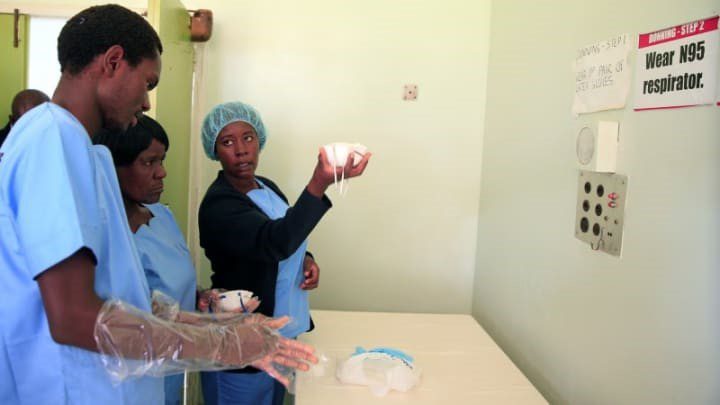
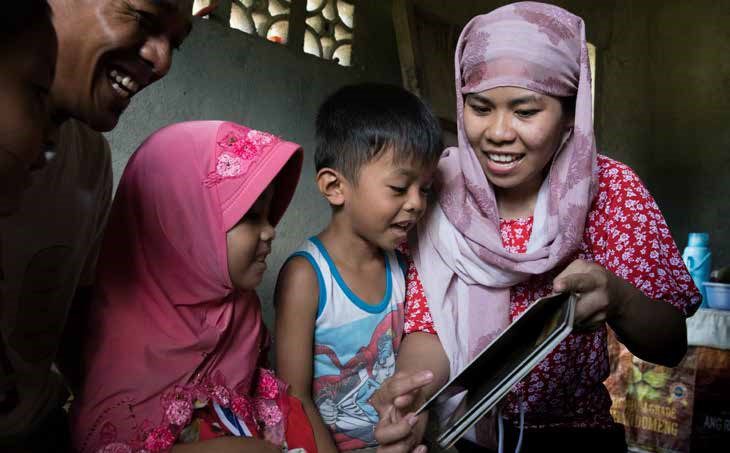
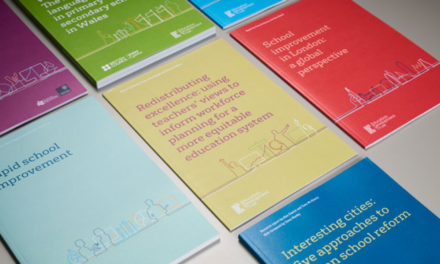
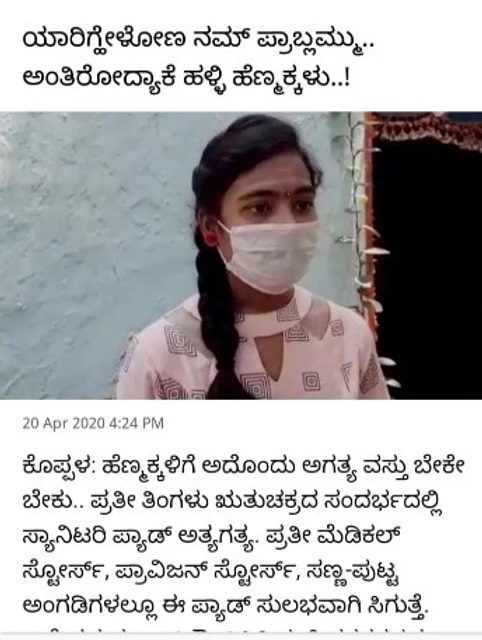
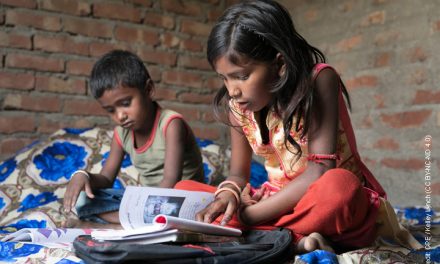
It is good to read this ‘Tell it as it is’ post. David Archer has been trying to raise awareness of dangers of these IMF debt policies for many years.